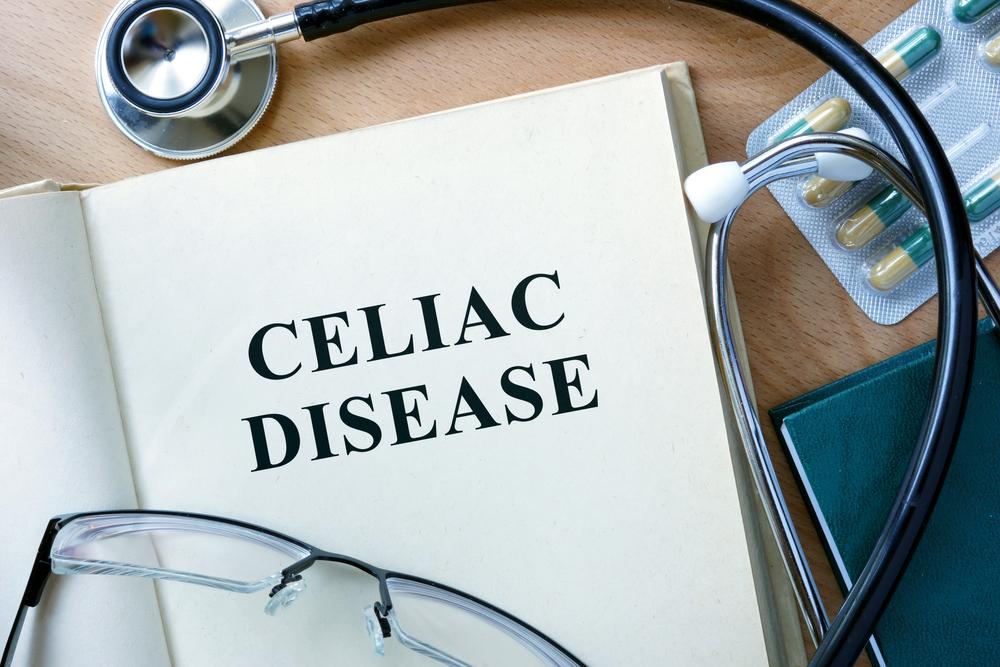Here are a few common causes and symptoms of celiac disease
Gluten-sensitive enteropathy or celiac disease is a reaction of the immune system when we consume gluten. The reaction is due to a protein that is found in barley and rye, which are gluten-rich food. This protein causes the symptoms of celiac disease in the body. It is the same protein that gives elasticity to bread dough. Celiac is a type of autoimmune disease, which is sometimes also referred to as sprue or coeliac.

Causes and symptoms of celiac disease
Causes
Celiac disease might occur due to interaction between genes, eating foods that have high gluten content, or even due to some environmental factors. Although the precise cause is not known yet but infant feeding practices and high gut bacteria activity can also cause celiac disease. In some cases, celiac disease can also be triggered after surgery, pregnancy, or a viral infection, and in some cases, severe emotional stress can cause celiac disease.
A person suffering from celiac disease might experience a negative immune response in the small intestine on consuming food that contains gluten.
The negative immune response might damage the inner lining of the small intestine over time which might cause a failure to absorb nutrients in the body. It damages the villi, which are small finger-like projections in the small intestine that breakdown the food in the intestine. The damage can further lead to diarrhea, fatigue, bloating, weight loss, and even anemia.
A survey suggests that at least 3 million people across the country suffer from this autoimmune disease.
The causes and symptoms of celiac disease vary from person to person. Some of the most common signs of celiac disease in adults include unexplained weight loss and fatigue. Some adults may also experience bloating, abdominal pain, nausea, constipation and vomiting in some cases.
Symptoms of celiac disease in adults
An important thing to note here is that most of the causes and symptoms of celiac disease in adults might not even be related to the digestive system.
For instance, here are a few such causes and symptoms:
- Celiac disease can cause anemia which usually occurs due to iron deficiency.
- Osteoporosis and osteomalacia or loss of bone density and softening of bone.
- People suffering from celiac disease might also suffer from itchy blistery skin or skin rashes.
- Acid reflux, which ultimately might also cause heartburn and mouth ulcers.
- There are some cases where people suffering from celiac disease have also experienced nervous system injury, which made their feet and hands numb and caused a tingling sensation.
- It might also cause cognitive impairment in some cases.
Symptoms of celiac disease in children
Children as young as 2 years and older children might experience the following symptoms:
- Diarrhea
- Constipation
- Weight loss
- Irritability
- Swollen belly
- Poor appetite
- Muscle wasting
- Some neurological symptoms of celiac disease might include attention deficit hyperactivity disorder (ADHD), learning disabilities, lack of muscle coordination, and in severe cases, seizure.
If you or a person you know is experiencing similar symptoms since the past 3 to 6 months, even after going on a complete gluten-free diet, seek medical help. A doctor might recommend treating the disease with steroids to reduce the inflammation, and with medications that reduce and suppress the immune system.




